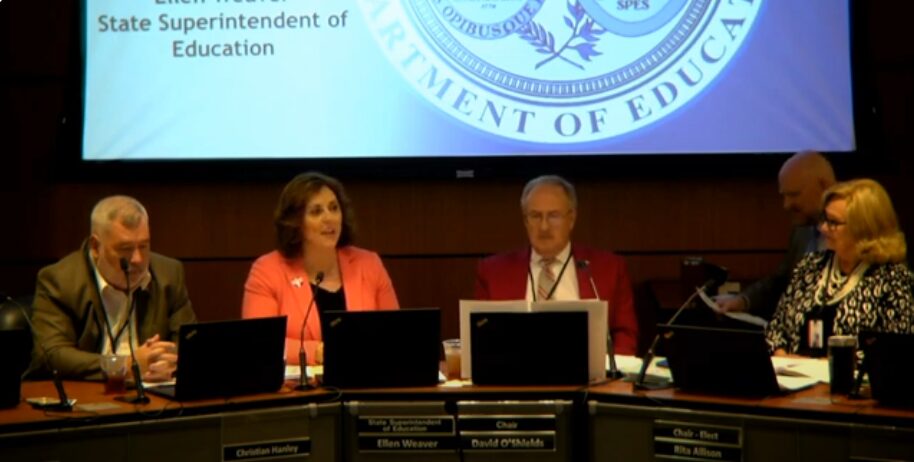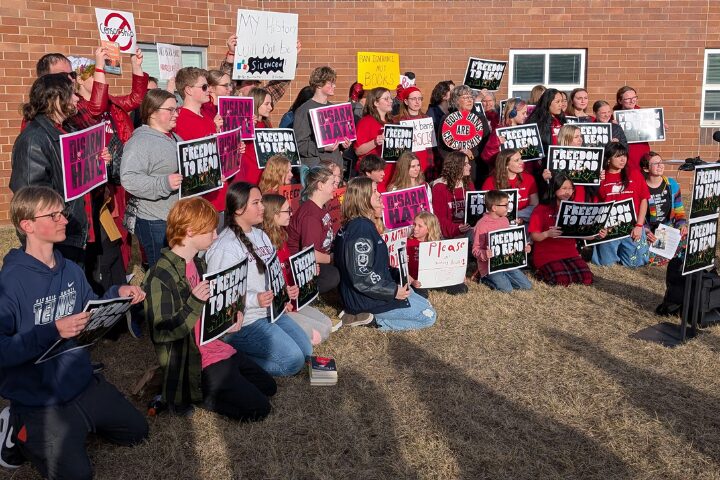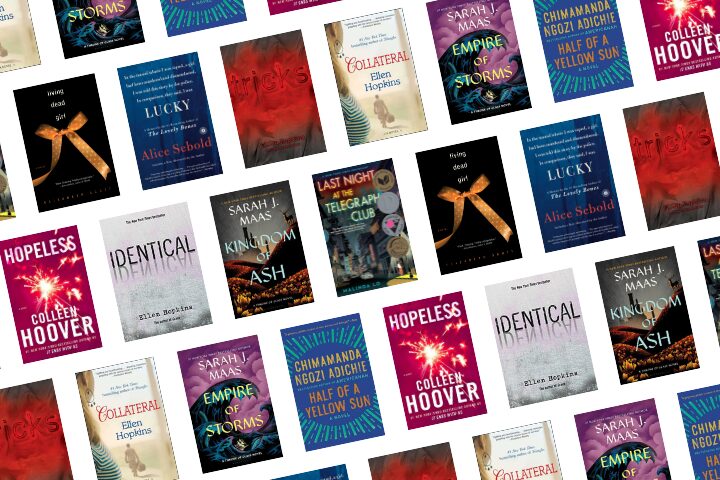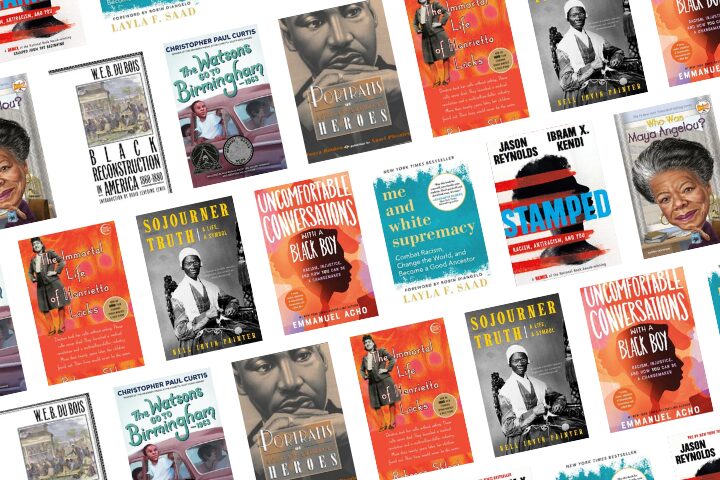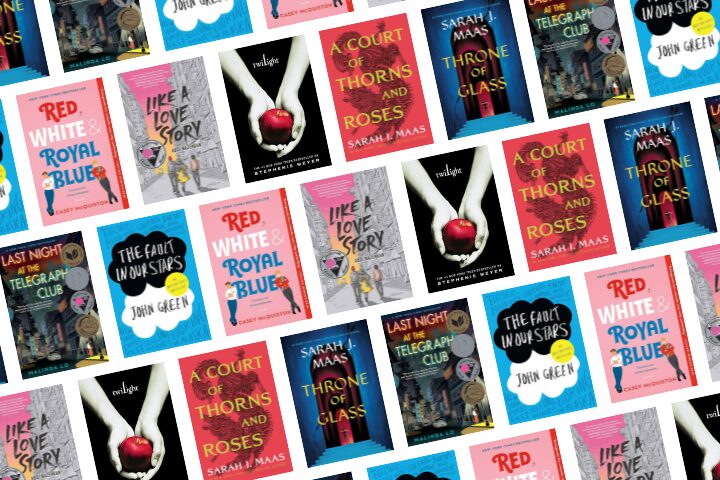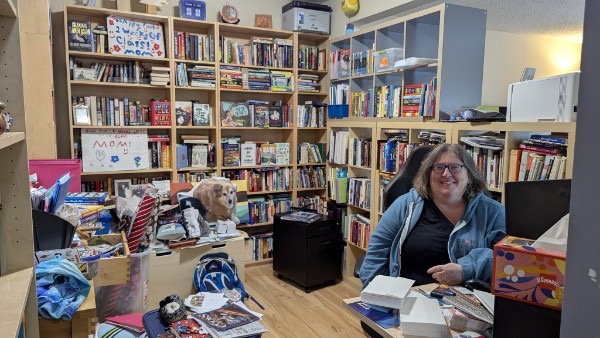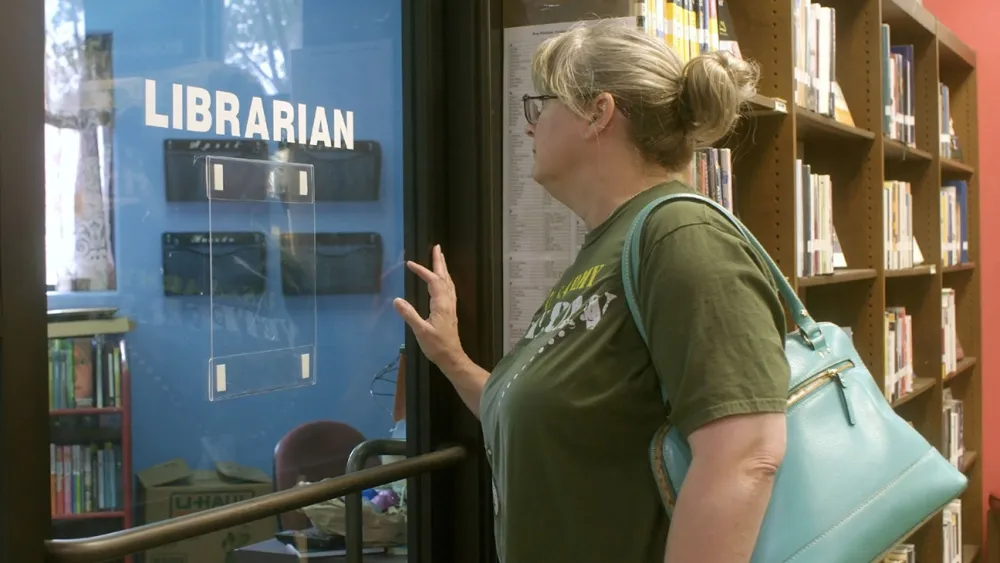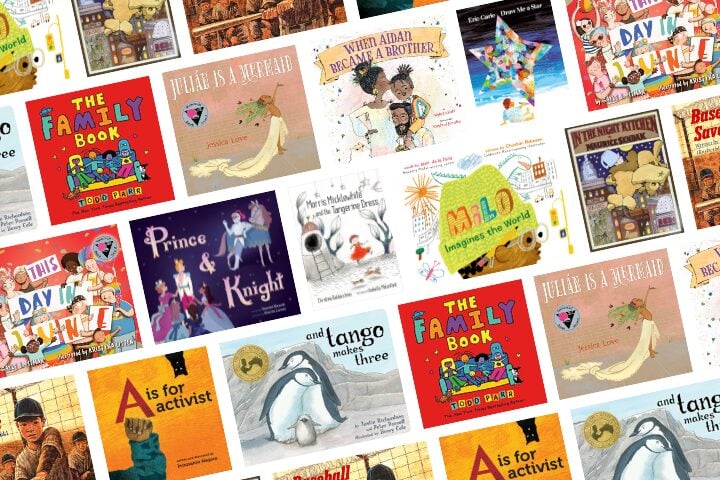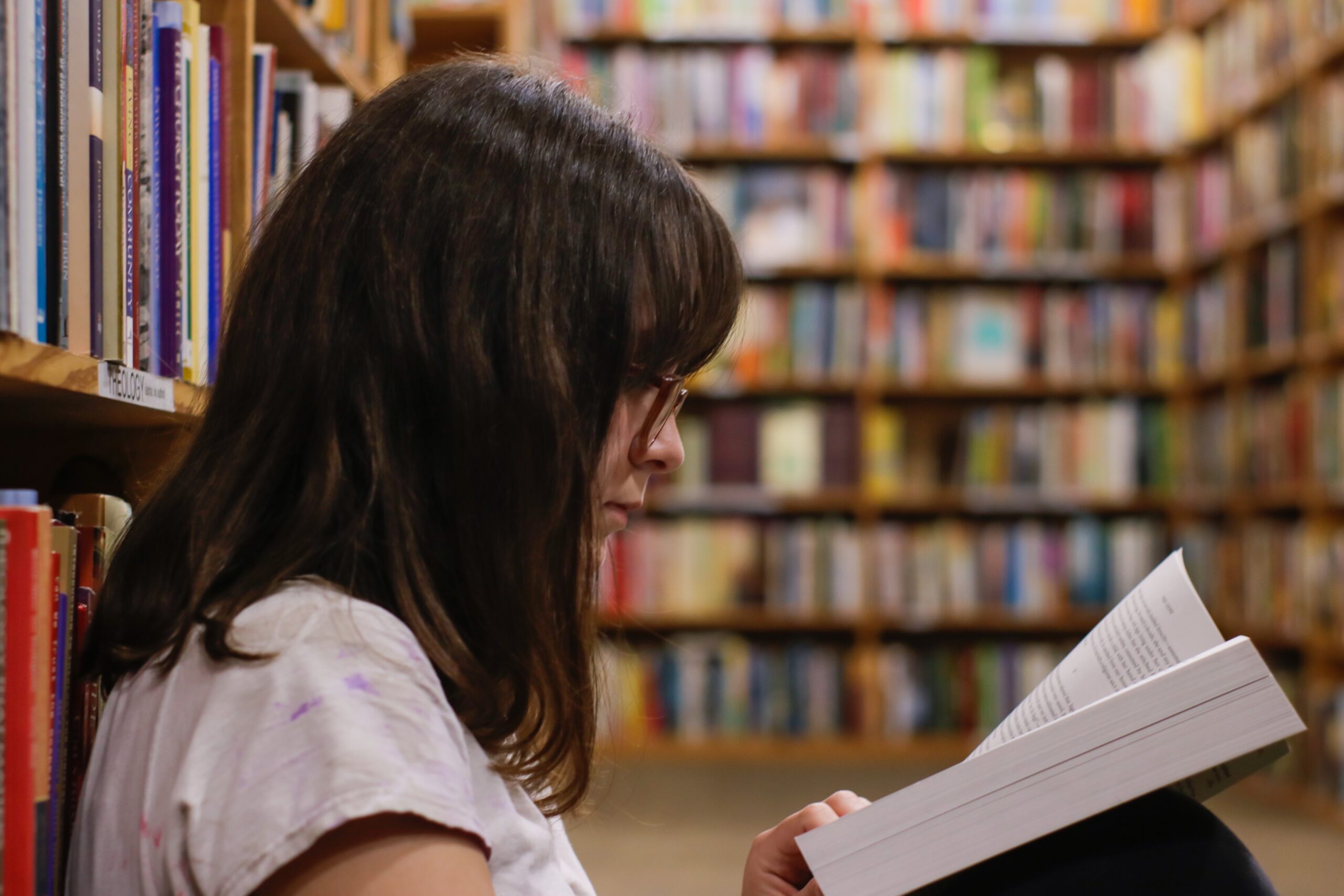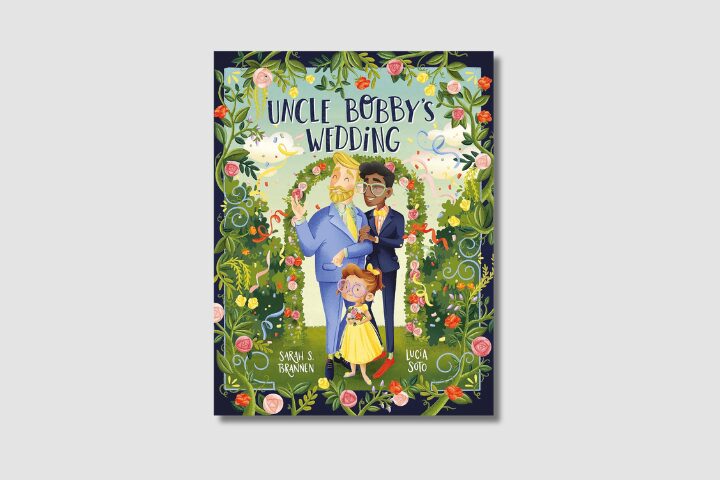
Sarah S. Brannen always knew she was going to be an artist. Her father gave her drawing lessons before she could write, and early in her career, she exhibited prints and paintings in galleries. But as she became unhappy with the art scene—and her work—she gravitated toward illustrating children’s books. Then, hoping to learn more about illustrating, she started writing, and discovered a love for the craft she had not previously recognized.
In 2008, she wrote Uncle Bobby’s Wedding, inspired by her niece and the then-recent legalization of same-sex marriage in her home state of Massachusetts. The book went on to win multiple awards, including being named one of the best 100 children’s books of the past 100 years by Booktrust.
But it also is regularly targeted by those intent on banning books with LGBTQ+ characters and themes. Now, the book is part of a case that the Supreme Court will hear April 22, about whether a Maryland school district must provide parents who object to LGBTQ+ books on religious grounds with an option to take their children out of lessons involving them.
In a conversation with PEN America, Brannen shared why she wrote Uncle Bobby’s Wedding, the immediate backlash, and the power the story has to bring people together in support 20 years later.
What was the impetus for writing Uncle Bobby’s Wedding?
I wrote Uncle Bobby’s Wedding 20 years ago for my niece, who was in first grade and wanted every book to end with a wedding. Same-sex marriage had just been legalized in Massachusetts, where I live. I remember how much joy there was all around. The two grooms, Bobby and Jamie, just seemed to want me to tell their story.
I wrote the book from a child’s point of view; I realized that I was telling a story about a very grown-up decision by two adults, so I tried to see all of the events of the book the way a young child would.
I’d like to give a shout-out to the illustrator of the 2020 edition of Uncle Bobby’s Wedding, Lucia Soto. She did a beautiful job.
What have readers—young and old—told you about what your book meant to them?
Unfortunately, the first people I heard from hated Uncle Bobby’s Wedding and everything it stood for. It was published in 2008, and since it was one of the first children’s books to feature a same-sex wedding, it got a lot of attention, both good and bad. People wrote to me and said horrible things.
And then I started hearing from people who told me how much they wished they had had the book when they were kids. One man said that when he was young and started to realize he was gay, he searched the children’s room for books about people like him and couldn’t find any. He said he was too scared to ask the librarian.
One person wrote and asked me for several signed copies; he was preparing for his wedding to his boyfriend and they gave copies to all the members of the wedding party.
What does it say to you when someone says LGBTQ+ content violates their religious beliefs?
Well, they can avoid being offended by not reading books with LGBTQ+ content, which seems like an easy solution for them. And they should remember that for many other people, LGBTQ+ books are exactly what they want and need. Libraries need to include books that meet the needs of everyone in the community.
What have you personally experienced during this wave of book bans and having your book cited in this case?
I have been deeply moved and gratified by the enormous wave of support that has come from all directions. I know there is a huge rally planned in front of the Supreme Court on April 22. The thought that a little picture book I wrote 20 years ago could cause this, in part, is almost too powerful to comprehend.
If they were listening, what would you say to people who don’t want their children to read this book or want to make these books part of an opt-out policy?
If they don’t want to read the book, then don’t read it! I don’t know if parents have the right to control what their children read, but I’m absolutely sure they don’t have the right to control what other people’s children read.
Many of the books cited in the case have been badly misrepresented in the media. What would you like people to understand that they might have missed?
Uncle Bobby’s Wedding is a gentle little story about a family. I’ve read so many comments talking about sex being inappropriate in books for kindergartners. There is no sex in my book. It’s a story about a family that ends with everyone dancing at a wedding.
How have you dealt with the attempts to ban or restrict access to your work?
My response was, of course, to write another book; my latest book Miles Comes Home was just published recently. In the book, illustrated by Forrest Burdett, two dads very similar to the couple in Uncle Bobby’s Wedding adopt a little boy, Miles. His new sister Michelle welcomes him to the family and they all get to know each other and come to love one another. I particularly like the way Forrest illustrated the ice skating scenes.

